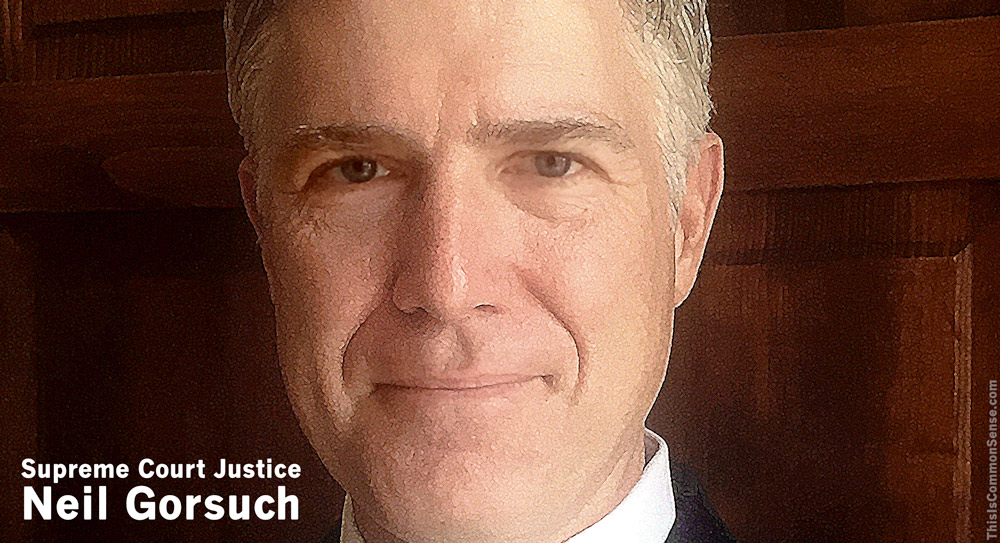While Supreme Court Justice Neil Gorsuch’s comments in Arizona v. Mayorkas are worth studying in full — the case is about immigration — his thoughts on the late pandemic panic stand out.
“Since March 2020,” Justice Gorsuch writes, “we may have experienced the greatest intrusions on civil liberties in the peacetime history of this country. Executive officials across the country issued emergency decrees on a breathtaking scale. Governors and local leaders imposed lockdown orders forcing people to remain in their homes,” and the judge goes through a long list of decrees, including:
- Closing churches but not casinos
- Threatening violators with both civil penalties and criminal sanctions
- Surveilling church parking lots, recording license plates, and issuing warnings against attending even outdoor services.
And he adds that the federal government got in on the tyrannies.
“Fear and the desire for safety are powerful forces,” he notes. “They can lead to a clamor for action — almost any action — as long as someone does something to address a perceived threat.” Gorsuch acknowledges this is not exactly a revelation: “Even the ancients warned that democracies can degenerate toward autocracy in the face of fear.”
There is a deeper problem, though, for the “concentration of power in the hands of so few may be efficient and sometimes popular. But it does not tend toward sound government.”
All the way through the pandemic, and even now, we have been barraged by messages about “misinformation and disinformation” about the disease and the treatments (proactive and reactive) against it. And the people in power — bureaucrats as well as politicians — were called “experts” while actual experts (along with earnest amateurs) were hounded, their ideas suppressed.
Now we know that much of what was then held as good information was in error, even lies.
Very unsound governance: Gorsuch characterizes it “a shell of a democracy.”
“Hollow.”
This is Common Sense. I’m Paul Jacob.

Illustration created with PicFinder.ai and DALL-E2
See all recent commentary
(simplified and organized)
See recent popular posts






